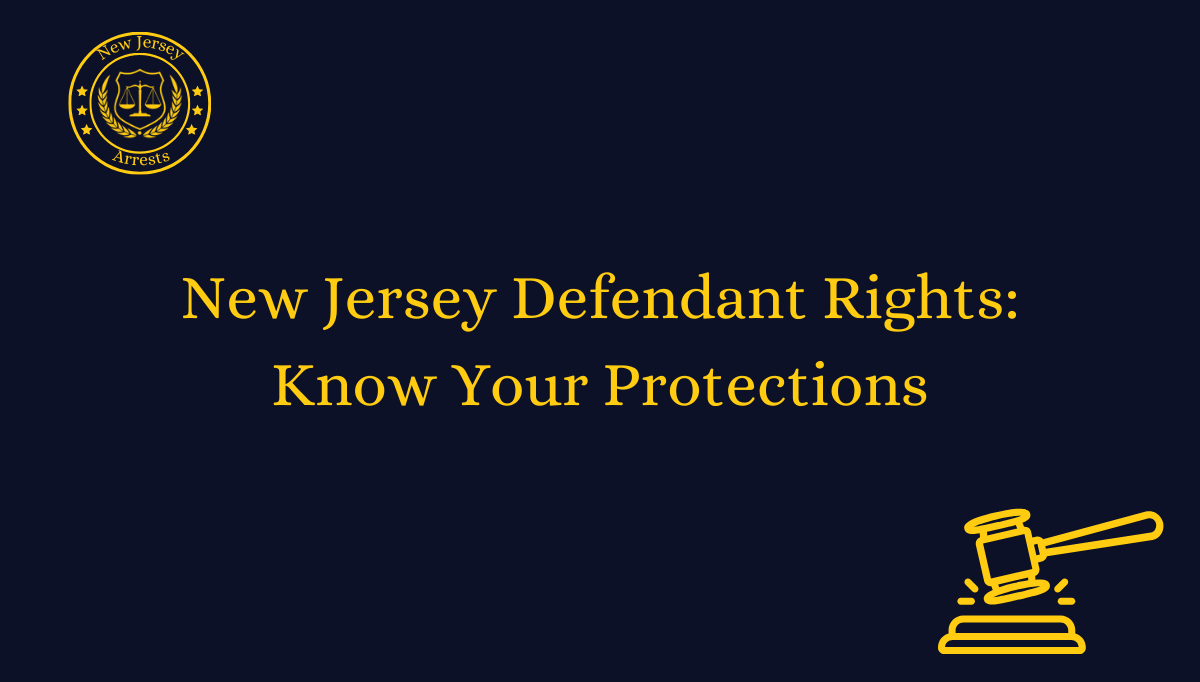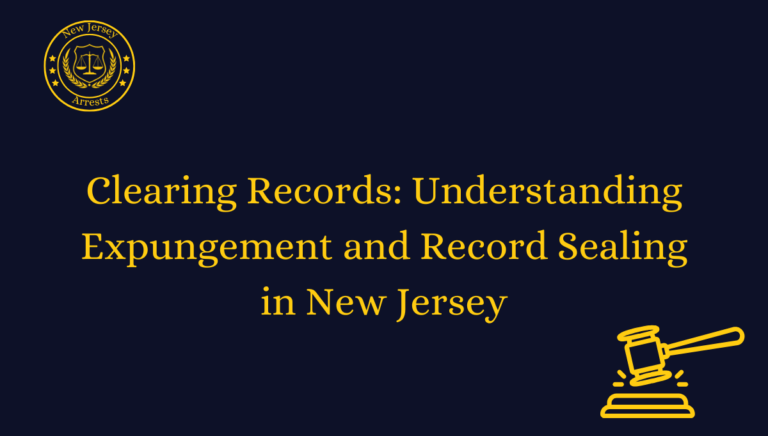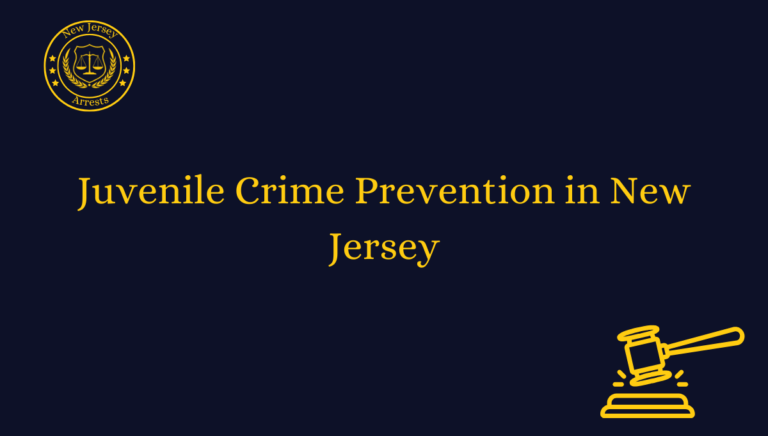New Jersey Defendant Rights: Know Your Protections
Welcome to our comprehensive guide on New Jersey Defendant Rights. In this detailed overview, we aim to provide you with essential information regarding your legal protections and rights as a defendant in the state of New Jersey. Whether you are facing criminal charges or involved in a legal dispute, it is crucial to understand the safeguards and resources available to you.
With a professional and user-friendly approach, we have compiled a wealth of knowledge to help you navigate the complex legal system of New Jersey. Our mission is to empower you with the necessary information to make informed decisions and ensure that your rights are protected throughout the legal process.
Understanding Your Rights as a Defendant
When you find yourself facing criminal charges or involved in a legal dispute in the state of New Jersey, it is crucial to understand your rights as a defendant. This comprehensive guide aims to provide you with essential information regarding your legal protections and resources available to you.
Presumption of Innocence
One of the fundamental principles of the legal system in New Jersey is the presumption of innocence. This means that every defendant is considered innocent until proven guilty. It is important to remember this as you navigate through the legal process.
Right to Legal Representation
As a defendant, you have the right to legal representation. It is highly recommended to seek the assistance of an experienced attorney who can guide you through the complexities of your case and ensure that your rights are protected. Your attorney will advocate for your best interests and provide you with expert advice.
Protection Against Self-Incrimination
Under the Fifth Amendment of the United States Constitution, you have the right to remain silent and not incriminate yourself. This means that you are not obligated to answer any questions from law enforcement or prosecutors without the presence of your attorney. Exercise this right to avoid any potential self-incrimination.
Fair and Speedy Trial
Every defendant in New Jersey has the right to a fair and speedy trial. This means that your case should be resolved within a reasonable timeframe, and you have the right to a trial by jury. It is important to understand the process and ensure that your trial proceeds in a timely manner.
Protection Against Unreasonable Searches and Seizures
The Fourth Amendment of the United States Constitution protects you against unreasonable searches and seizures. This means that law enforcement officers must have a valid search warrant or probable cause to search your person, property, or belongings. Understand your rights and ensure that they are respected throughout the legal process.
FAQs
What are New Jersey Defendant Rights?
New Jersey Defendant Rights refer to the legal protections granted to individuals who are accused or charged with a crime in the state of New Jersey. These rights ensure that defendants are treated fairly throughout the criminal justice process.
Do I have the right to remain silent?
Yes, as a defendant in New Jersey, you have the right to remain silent. This means that you do not have to answer any questions from law enforcement or prosecutors without the presence of your attorney. It is important to exercise this right to avoid self-incrimination.
What is the right to legal counsel?
The right to legal counsel guarantees that you have the right to an attorney during all critical stages of the criminal proceedings. If you cannot afford an attorney, one will be provided for you by the court. Having legal representation is crucial to protect your rights and ensure a fair trial.
Can I refuse a search of my property?
Yes, you have the right to refuse a search of your property, including your home, vehicle, or personal belongings. However, if law enforcement has a valid search warrant or probable cause, they may conduct a search without your consent.
What is the presumption of innocence?
The presumption of innocence is a fundamental principle in the criminal justice system. It means that you are presumed innocent until proven guilty beyond a reasonable doubt. This places the burden of proof on the prosecution to demonstrate your guilt.
What are my rights during an arrest?
During an arrest, you have the right to be informed of the charges against you, the right to remain silent, and the right to an attorney. It is important to exercise these rights and avoid making any statements that could be used against you in court.
Conclusion
With a wealth of information and resources at your disposal, it is essential to understand your rights as a defendant in New Jersey. This comprehensive guide is designed to empower you with the necessary knowledge to navigate the legal system and make informed decisions. Remember to consult with an attorney who can provide you with personalized guidance based on your specific circumstances. Your rights are important, and it is crucial to ensure that they are protected throughout the legal process.







